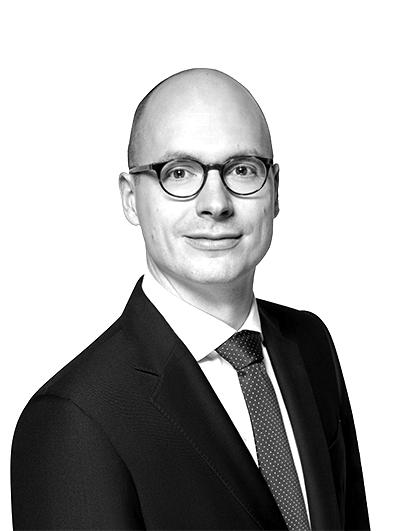Paying it forward
The Mentoring ConCept
of the Unibators
Successful startup ecosystems are characterized by a high density of ambitious individuals who are enthusiastic about innovations, actively participate in the startup process and help each other. If it is through personal recommendations, advice and action or moral support. An important role is played by the long-term perspective and the principle of “paying it forward” – the willingness to help without demanding a direct and personal return. Silicon Valley is the best example of such a system, in which short-term business is subordinated to the long-term opportunity to participate in the company’s success.

Develop ideas together
Our expert mentors, professors and lecturers from Goethe University, and our advisers, former founders of Unibator and selected Goethe University alumni as well as experts from the start-up scene, share this philosophy with us and thus form a valuable and unique network for the targeted support of start-ups in the early founding phase.

An example from the Unibator
Dr. Severin, a young start-up that specializes in smooth hair removal on the body with an innovative product and is now the best-selling aftershave on Amazon, was accepted into the Unibator in 2014 and has since been able to gain initial experience with mentoring.
With Walter Westervelt, Peter Hart, the founder and CEO of Dr. Severin, has brought a proven sales expert on board. For Westervelt, who spent years building up and managing sales activities in various established groups and is now also employed as a lecturer at Goethe University, the mentoring is an exciting experience. What is particularly appealing, he says, is the opportunity to pass on one’s own experience and to help guide new ideas from the very beginning and lead them to success. Of course, the prospect of later participation is important, but above all the joy of helping to shape things and the personal confirmation of being able to provide young and ambitious founders with added value were ultimately decisive for the collaboration.
Successful startup ecosystems are characterized by a high density of ambitious people who are enthusiastic about innovations, actively participate in the founding process and help each other. Be it through personal recommendations, advice and action, or moral support. An important role is played by the long-term perspective and the principle of “paying it forward” – the willingness to help without demanding a direct and personal return. Silicon Valley is the best example of such a system, in which short-term business is subordinated to the long-term opportunity to participate in the company’s success.
Benefit from experience
Westervelt sees his role primarily as asking the right questions and thus being able to offer valuable guidance in the company’s development. For Peter Hart, the founder of Dr. Severin and an alumnus of the Department of Economics at Goethe University, one of the most important factors of mentoring is “being able to get experienced advice on decisions and strategic planning”. Dr. Severin will be able to put this to good use for his intended international expansion.












